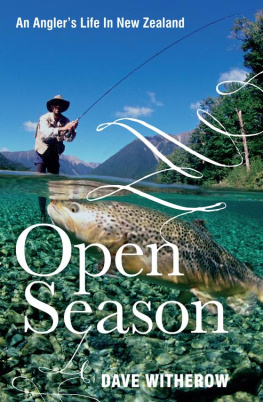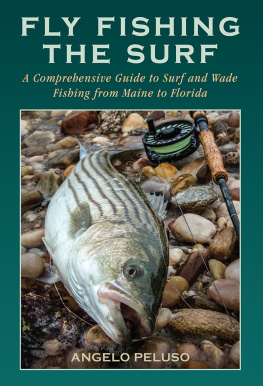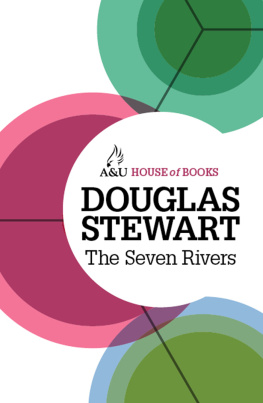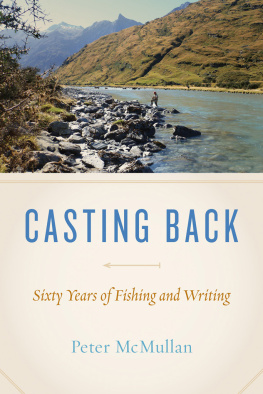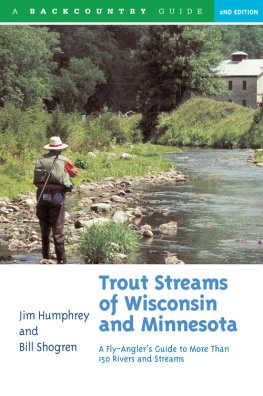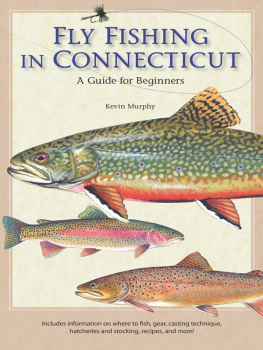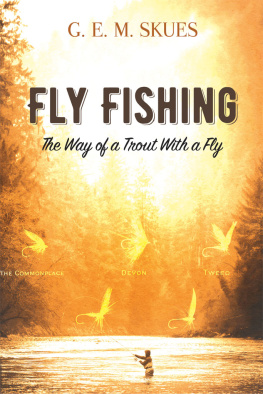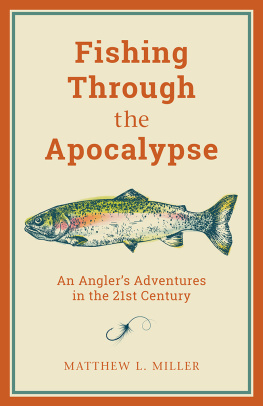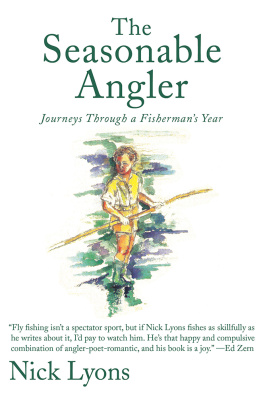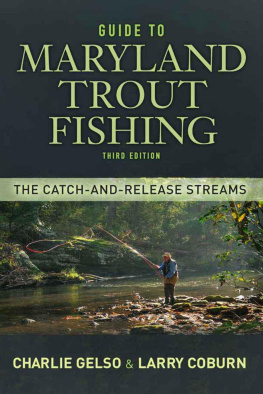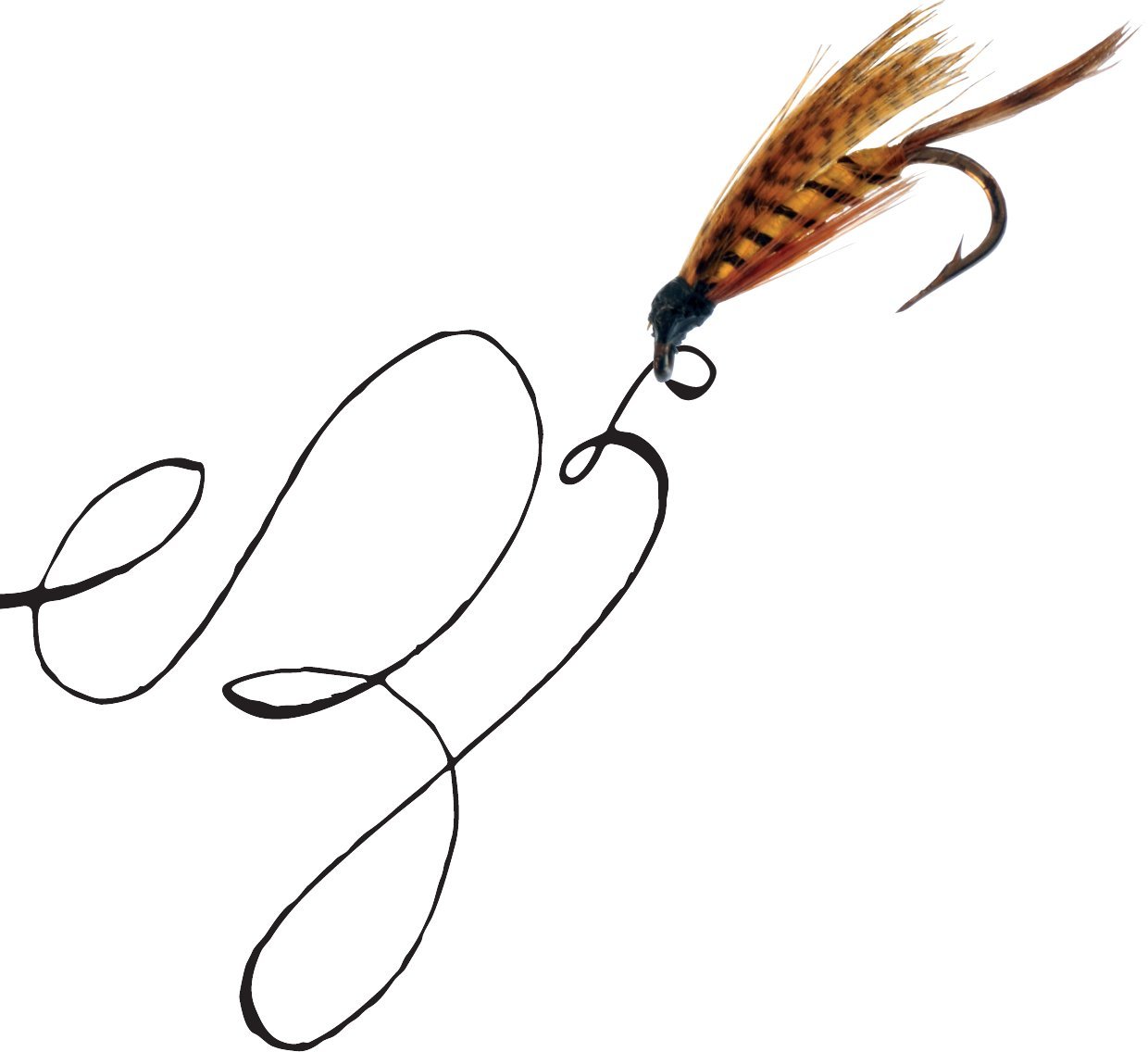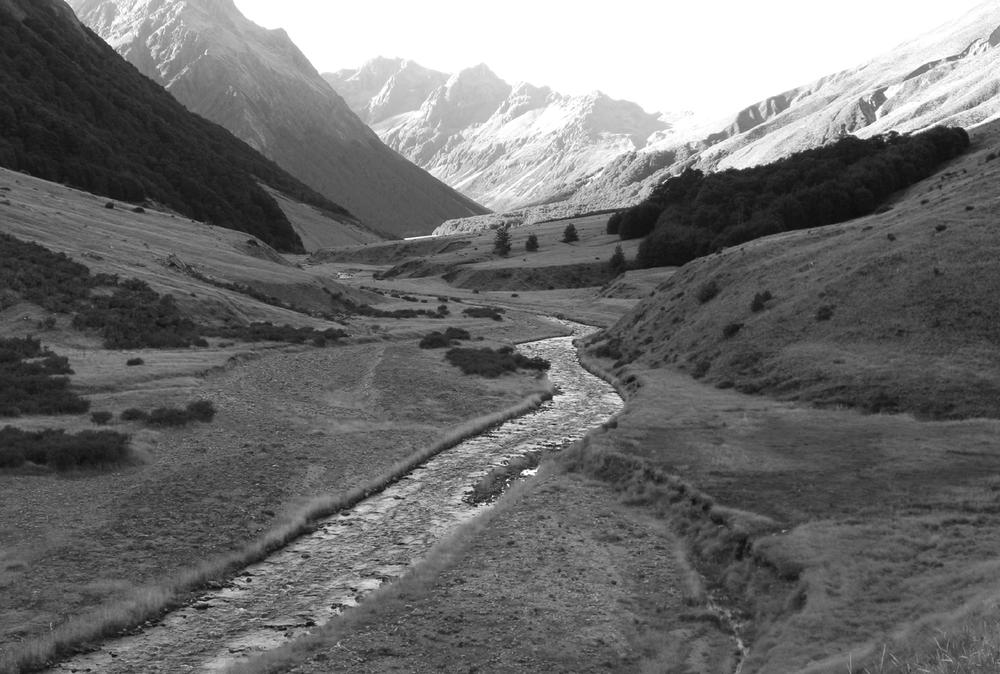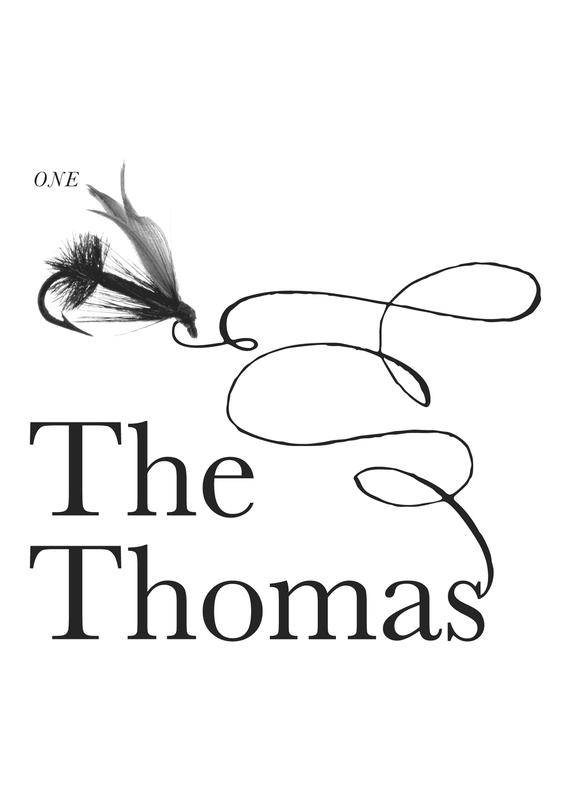Trout, since the earliest days of fishing for sport, have been weighed in pounds and ounces, and measured in feet and inches.
There are centuries of tradition in this, and poetry as well, and whatever the convenience of the metric system, it has no place in the evocative language of angling. We catch five-pounders, if we are lucky not two-point-two-seven-kilogrammers. That is the way it has always been, and I hope will always remain.
And for the same reasons, in the pages that follow, our heroes march and climb and explore the terrain in time-honoured miles, and never in kilometres.
For years I dreamed of the Thomas. It was a faraway, unvisited paradise, guarded by the mighty Haast. The deer were docile as heifers, tender as veal, innumerable. The trout were all leviathans, unimaginable east of the Divide. This is what Peter Harker said and Harker had been everywhere in the West, from Martins Bay to Karamea.
H arker was a hunter, and an explorer of the Coasts last hidden places. He was an angler of the old-fashioned school, a specialist, an exponent of the nickel spinner which he favoured as an all-round lure when roast venison grew monotonous and the diet needed a lift. Four-pound trout were ideal, he thought, not too big a decent pair of fillets and nothing gone to waste. The Thomas was a pain in the arse in that regard: too many bloody ten-pounders.
I organised several missions, spanning several seasons, but there were too many good rivers on the way, and we never got near the Thomas. On the first effort, after weeks of planning, we stopped for a beer in Wanaka, where Two-Pies heard a rumour that a green beetle hatch in the Hunter had addled the rainbows brains. There was no talking the boys out of that one, and off we raced to the head of the lake, only to find a dust-storm in progress, the river filthy, and the beetles lying low.
The following year I tried again. Dougal had a bug, and there were just three of us this time Turner, myself, and Two-Pies. We got past Wanaka safely enough, and made it as far as the Makarora, only to be diverted by the lure of the Young, where, for once, the rumours were well founded. There were swags of big trout, and no other anglers. We had the river to ourselves for five glorious days. And so it went: too many competing attractions, and a crew too easily diverted. The Thomas seemed unattainable.
In the early autumn of 1978 we made another attempt. There was heavy weather in Southland, and Turner wanted to call it off, but I persuaded him the forecast was good, and anyway there hadnt been that much rain in the mountains. Dougal and Two-Pies were keen, but they both had to work that Friday, so it was nearly dark when we finally got on the road.
Two-Pies drove. It was his car: a new Datsun, packed solid, with a pallet of gear on the roof. We stopped for a leak at Roxburgh, where I manufactured a fat cigar and dug a bottle of wine out of the cases Two-Pies had stored in the boot; it was going to be a long trip and we might as well relax. When we got back in the car I lit the thing and passed it around but the others were being responsible.
The road climbs steeply above Roxburgh, away from the dam and into the naked mountains. The Datsun was warm and comfortable, filled with aromatic smoke. We had a heater and a tape deck, and the road ahead would surely, this time, lead us to the river of dreams. Turner, sitting in the front, accepted a swig of wine. A rare, illicit smile illuminated his face. He shuffled through the tapes and selected one and put it in the machine. And the car leapt forward, at Two-Pies urging, to the rhythm of Fleetwood Mac.

